Representing Clients Against Negligence Throughout Essex County
What is Negligence?
Negligence is unreasonable risk of injury to another, resulting in injury. There is a legal duty in society to exercise reasonable care. The standard of reasonableness is whether a reasonably prudent person, under the same circumstances, would recognize and foresee an unreasonable risk or likelihood of harm. The team at Mark | Lavigne, LLC represents clients in matters of negligence, and work one-on-one with the clients to determine the best avenue to maximize the value of their case.
For your consultation with an experienced attorney, please contact us at our contact us page, or call us at 908-460-8996. Don’t let your rights slip by, and contact us now.
To provide negligence, you do not need to demonstrate someone had an evil heart or intentionally tried to harm you, but only that the conduct fell below the standard established by law for the protection of others against unreasonable risk of harm.
To prove a negligence claim, you must be able to demonstrate the following
- A duty of reasonable care was owed to you,
- That duty was breached,
- There was causation and foreseeability,
- Resulting in some kind of harm and damages to you.
Some of the factors to consider when determining if there is a duty owed to you are: foreseeability of harm, nature of risk, relationship of the parties, and proximate cause.
Foreseeability of negligence is one factor to be considered. Foreseeability boils down to was the conduct of one the foreseeable cause of your injuries? More than just foreseeable – were the damages “reasonably foreseeable” at the time of the negligence? Conversely, if your injury is something that was negligently acted upon, but was truly an unexplained accident, such as under the doctrine of res ipsa loquitor (Latin for “the thing speaks for itself”), then there may be no negligence.
What are the Different Types of Negligence?
- Gross Negligence – Was the persons actions so reckless that it he demonstrated a lack of concern for the injuries that may result. Gross Negligence is a much more difficult standard to prove and is a greater burden of proof then just ordinary negligence.
- Comparative Negligence – When you are able to demonstrate that someone was negligent, the battle is not over. The negligent part will almost always try to prove that you were somehow responsible for the accident. Therefore, if a jury finds that you are even marginally responsible for you own injuries, your damages may be reduced by that amount of negligence. For example, a jury may determine that the damages amounts to $100,000 but if you are 10% at fault, then the negligence party will only be asked to pay $90,000. $10,000 is deducted from your award due to your 10% negligence.
- Vicarious Liability – This is a type of negligence when a person or company is held responsible for the actions of another. Typically, in an employment situation, but can also be based upon when someone who has supervisory responsibility, such as a parent or pet owner, fails to take action which results in your injury.
- Strict Liability – Strict liability is a legal proposition in which the burden of proof on the plaintiff is lessened. In order to prove a strict liability claim, the plaintiff does not need to show a specific breach of duty by the defendant. Strict liability is often the subject of products liability cases and cases which involve inherently dangerous activities.
Contact Us Now for Your Immediate and Free Consultation
Call our team at 908-460-8996 to discuss your case or situation with an experienced negligence lawyer. At Mark | Lavigne, LLC, we understand how devastating an injury can be to you and your family. The Mark | Lavigne, LLC staff will listen to you, and we are dedicated to our injured clients. Call for your confidential consultation today.


